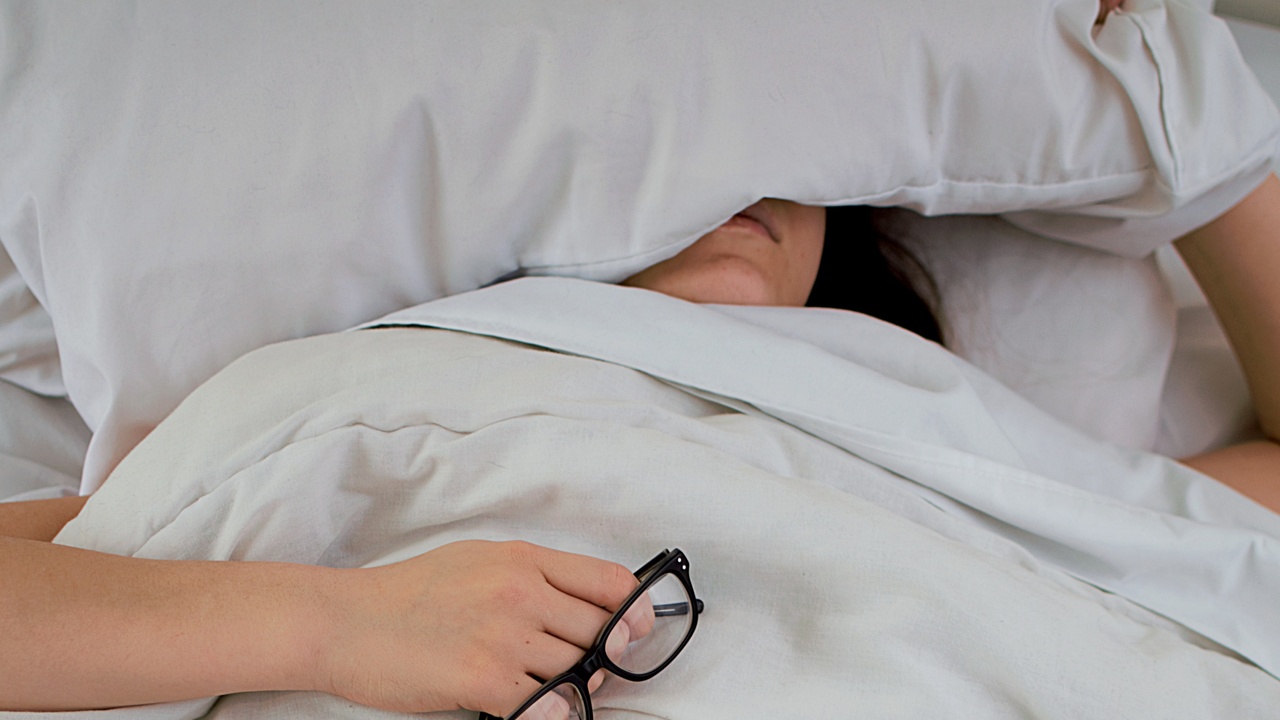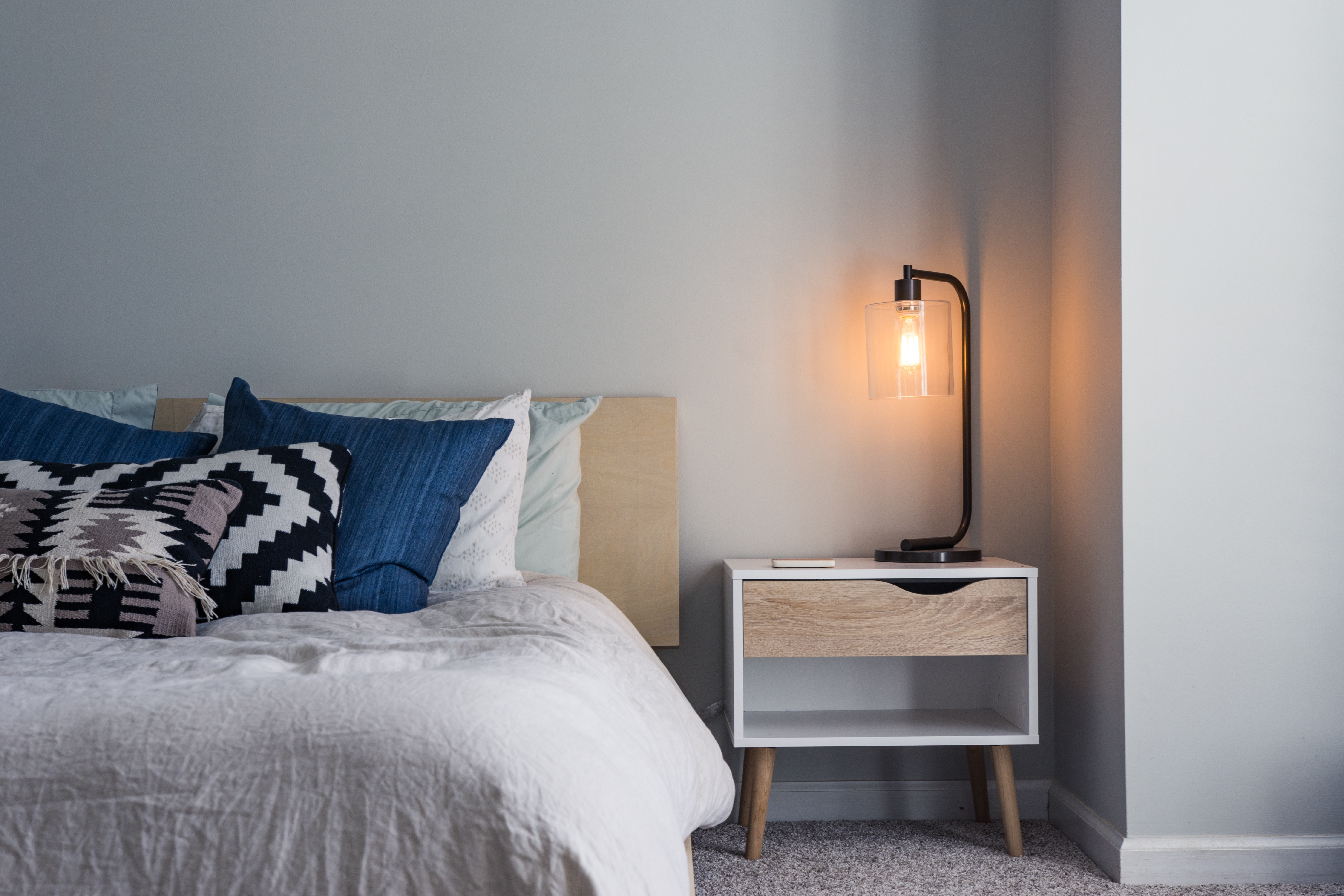5 Ways to Get Better Sleep During Menopause - Balance Your Hormones

Did you know that sleep plays a huge role in regulating and resetting your hormones daily?
Many of our ladies at the Limitless Lifestyle Academy come to us with frustrations of hormonal changes during menopause, and many of those frustrations revolve around not being able to sleep or not getting adequate sleep every night.
Hormones are chemical messengers that are responsible for maintaining your bodily functions. These include and are not limited to hunger, stress, body temperature, muscle repair and cardiovascular function. So it’s safe to say making sure these hormones are working properly is important for our health. During our sleep cycles our bodies take the time to regulate these hormones so that we are reset and ready to go for the next day.
The 5 Main Hormones Regulated During Sleep:
- Cortisol - Our stress hormone
- Ghrelin - Hunger Hormone
- Leptin - Satiety Hormone
- Human Growth Hormone - Muscle Repair and Build
- Melatonin - Sleep Hormones
So, as you can see, if we are not getting adequate sleep each night then it can cause increased hunger, reduced ability to build muscle, higher stress levels and more dysfunction throughout the day.
5 Ways to Get Better Sleep During Menopause:
1. Keep your room hibernation cold.
Hot flashes and hormonal changes are upon the biggest complaints of our ladies going through menopause. Keeping your bedroom cool at around 65-69ºF every night can help to regulate these hormonal changes.
2. Exercise at the right times.
Exercising is great for overall health but did you know that there is an actual best time to workout. Exercising too late in the day can cause you to be more awake and cause you to be hot when going to sleep. Try working out between 3-5pm to work with your circadian rhythms and make you more naturally sleepy at night.

3. Have a consistent routine.
Our bodies work on cycles so if you are not going to sleep and waking up around the same time each night then it is going to be harder for your body to regulate your melatonin secretion (sleep hormone) and other hormones throughout the night. Try going to sleep and waking up at the same time daily see if it becomes easier to get to sleep.
4. Build a calming cave.
Your room should be a calming space where your body feels relaxed. It should also be dark as possible. Light triggers your melatonin to stop secreting. If you are trying to have as much sleep hormone as possible, it is important to block out all light possible and stop looking at your phone 30 minutes to an hour before bed.

5. Find your night time groove.
Finding your night time routine can be really helpful in signaling to your body to get ready for bed. Find three things that you can do every night to wind down and signal to your body that it is time for sleep. Some good ideas are writing down three things you are grateful for, or doing some light stretching. Find what works for you and stick with it!
Poor sleep is not something we want to add to our list of daily stressors.
Having good sleep every night is a priority when it comes to managing our changing hormones through perimenopause and menopause. If you are struggling with sleep, know that you are not alone and try to follow the above tips to see what works best for you.
Let us know in the comments if you try one of these five sleep tips and if it helped you wake up more rested, ready for the day!


